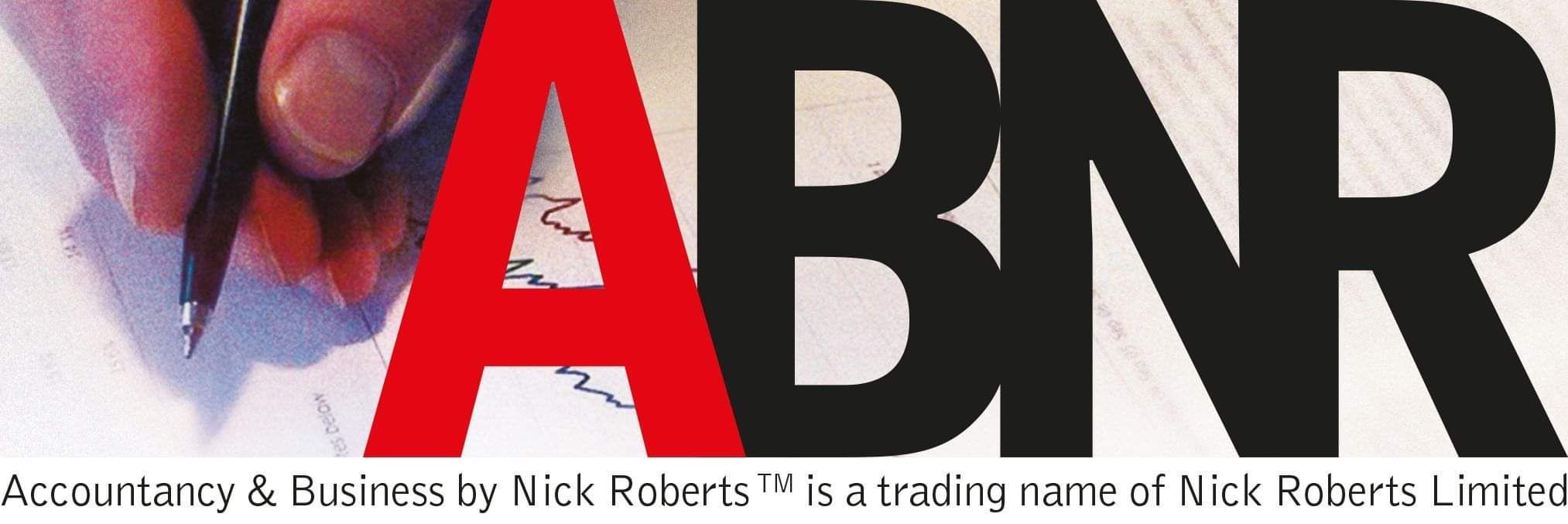Just how much do you know about your business? No, not about what you sell, or how you make or deliver your products and services, I mean the really important things that determine whether you’re going to make it through to retirement or maybe even successfully selling your business.
These are my top eight favourite things each and every one of us business owners should know about our businesses:
Whether you’re Exceeding your Current Break-Even Point
Whilst all the other things listed in this article are very important, knowing whether you’re exceeding your current break-even point is just about THE most important thing about your business you need to know. Even if you have a cash reserve stashed away, sooner or later you’re heading for trouble if you don’t sell enough to cover your outgoings. And I stress the current, not a historical figure based on your costs two years ago or a gross profit margin you haven’t achieved since the start of the last recession!
Current Cash in the Bank and Whether You Can You Pay all Your Bills for the Month
Sounds crazy I know, but many business owners have absolutely no idea about what money they have in the bank, let alone whether they can pay their bills for the month. Why else do people persist in sending cheques that bounce or do I keep getting letters from BNZ saying that yet another AP has been returned?
As for knowing whether you can pay all your bills for the month, that’s pretty important right? Even a couple of years ago, you could safely pay your bills on the 20th knowing that enough of your customers would pay you on the 20th to cover these, but not anymore as people are, bit by bit, slipping behind a few days. An excellent client of mine uses a monthly spreadsheet template to predict whether their business can pay the bills on the 20th. This works well – they had a shortfall in August and couldn’t pay their Provisional tax. But because they knew in advance, they consulted me and I arranged Tax Pooling to cover the tax – problem sorted, no last minute panic and stress!
Current Profitability
Year-end financials prepared many months after the year-end are absolutely useless in managing the financial side of a business. You need to know what profit (or otherwise!) you made last month, the last quarter and for the year to date.
Preparing monthly or bi-monthly financials make a huge difference to business success which can be demonstrated in the very strong correlation between the frequency of financial reporting and business survival:
| Monthly Reporting | 80% survival rate |
| Quarterly Reporting | 72% survival rate |
| Half Yearly Reporting | 50% survival rate |
| Annual Reporting | 36% survival rate |
(*) Source: Williams, A.J., A Longitudinal Analysis of the Characteristics and the Performance of Small Business in Australia
With modern, powerful accounting software that is cheaper than a weekend away for two and with so many other benefits (built-in database, timesheets, inventory control, invoicing etc) cost, like it used to be, is no longer an excuse. OK maybe they won’t be quite as accurate as your annual financials but they’ll be a good enough guide upon which to make decisions and take any necessary corrective action.
Gross Profit Margin
Your gross profit margin is the very key to sustainable life in your business. Turnover is turnover yes, but no good to you if you’re not making sufficient gross profit on that turnover to cover all your outgoings. It’s also a vital part of working out your break-even point if you sell goods or services where you incur direct or variable costs. It is necessary therefore to track your gross profit margin at least quarterly, if not monthly. Nothing much stands still in business, and change is constant. Fashion, prices, tastes, the competition, and any reason you like. Are you discounting your prices? Clearing out older product lines at knock down prices? Either which way, know your current gross profit margin and monitor this regularly.
Rolling 12 Months Turnover
It’s no good keeping an eye on your monthly or weekly sales and comparing these with last year or the year before, nor your sales for the year to date, you need to monitor your sales over the last 12 months (or 52 weeks if you prefer) and compare with the previous year. Not only does this prevent you getting depressed in your down season when it’s easy to forget just how poor trade can be, but in addition, it irons out the seasonal kinks in your turnover and provides you with the real picture of how your business is tracking.
Your Sales Pipeline or the Number of Prospective Customers Thinking About Becoming Customers
No matter how busy you are, you still need to be thinking about next month’s, the next quarter’s or next year’s business and where it’s going to come from. Now some of my clients just get one-off jobs and it’s vital if you’re like them to think at least six months ahead about how you’re going to keep your sales pipeline topped-up.
But even if most of your business comes from the same customers or clients you need to be marketing constantly seeking out either new customers or making sure your existing ones come back again and again. Customers move away, go elsewhere, die, lose interest or their job or just stop buying from you.
Consequently, you need to be monitoring either your sales pipeline and/or the number of prospective customers thinking about becoming customers at least monthly. Let’s face it, you’d be nuts not to record all enquiries or the details of all prospects in any case so you can follow them up until, as Winston Marsh (that famous Aussie business guru) would say, they buy or die!
The Source of All Your Leads/Prospective and New Customers
This really is a “no-brainer” as it’s so obvious, but just in case I’ll spell it out for anyone who’s new to business. Firstly, you need to be able to thank and recognise or reward the referrer if they’ve been referred to your business. Referrals are your life blood, they are like water in the desert and not to be taken for granted. A hand-written thank you card and a small personalised gift should be built into your routine.
Secondly, you need to know to determine which areas of your marketing are working and which are not. I meet many business owners who spend $25,000 or more a year on advertising but have absolutely no idea whether it’s working or not, using the same old adverts they’ve used for years. For example, for a client of mine my analysis of their lead sources looked like this:
| Referrals | 68% |
| Walk-By/Local Knowledge | 12% |
| Internet | 5% |
| Advertising | 7% |
| Other Marketing | 4% |
Armed with this information, where would you focus your marketing efforts?
Prospect Conversion Rate
OK, you’ve put a lot of time into marketing and it’s paid off. You are getting loads and loads of leads and enquiries so now all you have to do is to convert them into customers. Just how successful are you are doing this? Do you use scripts, depending upon whether it’s on the telephone or face-to-face? Do you have a template presentation you adapt for different prospects? Is your standard quote boring with just the bare facts and a price or a marketing-focused Action Plan with your USP, benefits, guarantee and testimonials?
To be able to improve you need to know how well you are doing now, so work out in percentage terms your success rate. Mine is consistently over 90% - what’s yours?
To discuss any of these important business elements please get in touch with us.


